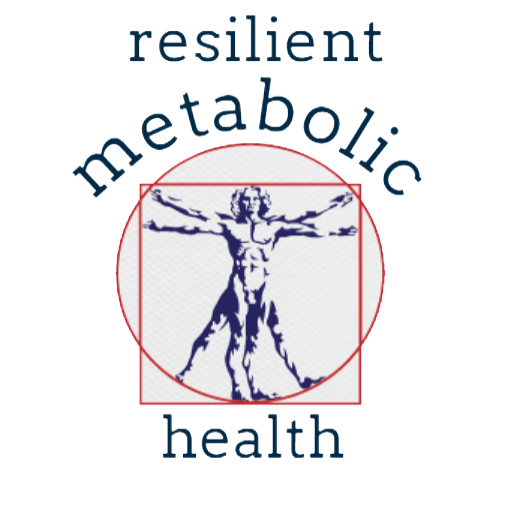SUPPLEMENTS
SUPPLEMENTS

Several vitamins play an important role in supporting a healthy immune system and can provide natural immunity against viruses. These include:
- Vitamin C: This vitamin is an antioxidant that helps protect cells from damage caused by harmful molecules called free radicals. It also helps the body produce collagen, which is important for the health of skin and other tissues, including those that make up the immune system. Good sources of vitamin C include citrus fruits, kiwi, strawberries, papaya, bell peppers, spinach, and kale.
- Vitamin D: This vitamin plays a crucial role in the functioning of the immune system, particularly in the production of white blood cells that fight off infection. Exposure to sunlight is the best way to get vitamin D, but it can also be found in certain foods such as fatty fish, egg yolks, and mushrooms. It’s critical knowing your vitamin D levels. Get a test kit here.
- Vitamin E: This is an antioxidant that helps protect the body from harmful molecules and also appears to help boost the immune system. Good sources of vitamin E include nuts, seeds, and vegetable oils.
- Vitamin B6: B vitamins play a role in the production of white blood cells, which are important for fighting infection. Vitamin B6 is found in foods such as chicken, fish, potatoes, and chickpeas.
- Vitamin A: Vitamin A helps the immune system function properly and also supports healthy skin, which can act as a barrier to infection. Food sources of vitamin A include sweet potatoes, carrots, pumpkins, and leafy greens.
- Vitamin K: Vitamin K supports bone health, and it also plays an important role in the immune response. Vitamin K is found in green leafy vegetables, like kale, spinach and broccoli, as well as fermented foods like cheese, yogurt, and some soy products.
- Quercetin: Supports Antioxidant Status – Quercetin is a phenolic antioxidant found in onions, green leafy vegetables, and fruits such as apples and cherries. Cardiovascular Health – Quercetin supports cardiovascular health by supporting blood vessel endothelial cellular integrity and function.
-
Zinc is an essential mineral that is important for many aspects of health. Some of the key benefits of zinc include:
-
Boosting the immune system: Zinc plays a vital role in the proper functioning of the immune system. It helps to activate T-cells and other immune cells, which help to fight off infections and diseases.
-
Wound healing: Zinc is important for the process of cell division and growth, which is necessary for wound healing.
-
Improving fertility: In men, zinc is necessary for the production of healthy sperm, and in women, it can help regulate ovulation and pregnancy.
-
Supporting healthy growth and development: Zinc is necessary for the proper growth and development of children and teenagers. It is also important for maintaining healthy skin, hair, and nails.
-
Helping to prevent age-related diseases: Zinc may help to reduce the risk of age-related diseases such as age-related macular degeneration and age-related cognitive decline.
It’s important to note that these vitamins are better absorbed by the body when they come from a balanced diet, rather than from supplements. It’s always advisable to consult with a healthcare professional before taking supplements and obtain the recommended daily intake which is dependent on many factors such as age, gender, and overall health. -
